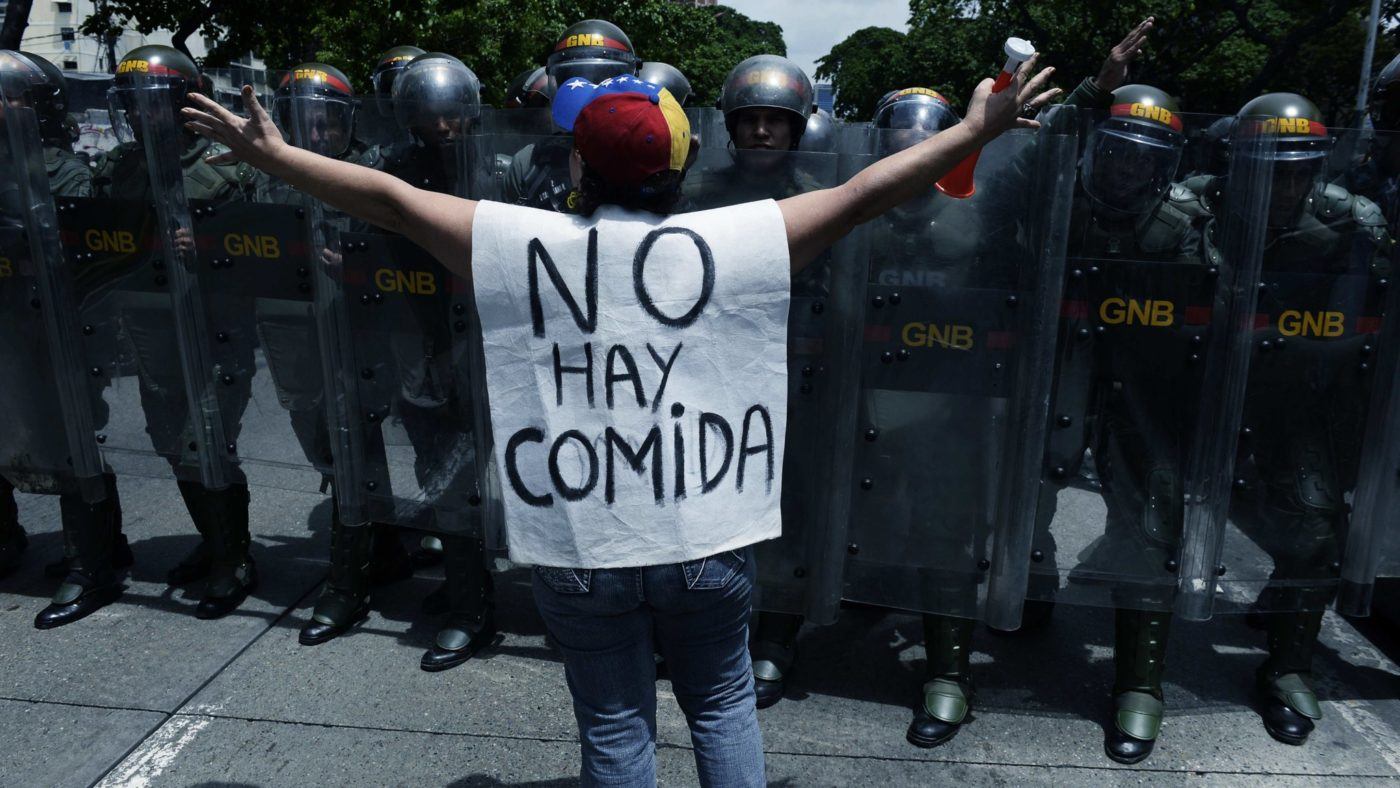Nikita Khrushchev, the Soviet dictator between 1953 and 1964, allegedly said that when “the world is socialist, Switzerland will have to remain capitalist, so that it can tell us the price of everything”.
Just as it was important that the Communist world be continuously exposed to at least one country that got its economics right, such as Switzerland, so it is instructive for the capitalist world to be continuously exposed to at least one country that gets its economics wrong, such as Venezuela.
Khrushchev, like all early communists, believed in the eventual triumph of socialism. In the early 1920s, the Soviet Union sold some of its best art to American millionaires, such as the US Secretary of the Treasury, Andrew Mellon, in order to raise funds so that they might prevail in the Russian Civil War. The Communists believed that they would get the paintings back after communism triumphed in the United States. In the event, America got the National Gallery of Art, while the Russians were left with empty rooms at the Hermitage.
But, Khrushchev’s point about Switzerland was a serious one. Early opponents of socialism, including Ludwig von Mises and Friedrich Hayek, pointed out that without the free market, socialists would have no way of determining the prices of anything. In a capitalist economy, nobody sets the prices of goods and services (unless, of course, one considers heavily regulated parts of the economy such as the American healthcare system under Obamacare). Prices emerge “spontaneously”, depending on supply and demand.
Socialist countries, in contrast, employ thousands of bureaucrats who try to estimate future supply and demand, and incorporate those estimates into Soviet five-year plans. By Khrushchev’s time, it was clear that Soviet “plans” were not worth the paper they were scribbled on. The failure of central planning explained both the shortages of basic goods in the USSR and the need for an independent and capitalist Switzerland.
Conversely, it is useful for people in free-market democracies to be constantly reminded of the consequences of alternative economic and political arrangements, such as those in contemporary Venezuela. The country’s attempt to build 21st-century socialism has run into predictable problems, including rising infant mortality rates, triple-digit inflation, widespread food shortages, a collapsing healthcare system and failing rule of law, and the growing repression of the opposition by the state.
As I have argued before, all socialist countries eventually come to experience similar economic and political problems. And, just as surely, there will always be those in the West who will jump to socialism’s defense. Vladimir Lenin, the founder of the Soviet state, called such people “useful idiots”.
I was reminded of the immensely seductive nature of socialism this week, when Tucker Carlson, the host of the eponymous show on Fox News, hosted a young socialist from The Students and Youth for a New America. To give you a sense of the conversation between the two, I have transcribed some of Dakotah Lilly’s statements below:
– “We need to acknowledge that what Venezuela is facing right now is terrorism at the hands of the opposition. Opposition has bombed schools, they have bombed buses, [and] they have taken wiring and strung it across roads to behead cops on motorcycles. These are not choir boys. These are violent extremists, hell-bent on taking away the progress that Venezuela has made over the past few years.”
– “If you look at the casualties that have happened in the past few months in these protests, the majority of those that have been killed have been trade unionist leaders, have been dedicated Chavistas, have been people on the Left.
– “In terms of economics, the sanctions that the United States has put on Venezuela and the hoarding done by multi-national corporations in Venezuela, certainly does not help the [economic] situation.”
Almost everything that Lilly says here is demonstrably false. Extensive reporting by the New York Times, hardly a promoter and defender of “unbridled capitalism”, shows that most of the victims of political violence in Venezuela have been anti-government protesters.
Moreover, the sanctions imposed by the United States on a few individuals connected to the Venezuelan government have nothing to do with that country’s economic meltdown. Aside from oil exports, Venezuela does not have or make anything that anyone in the world wants to buy. Thus, when the oil price collapsed from $140 to less than $50 a barrel, the country lost most of the foreign exchange it needed to purchase food and consumer goods abroad. Shortages ensued.
Admittedly, it is not entirely fair to criticise American millennials for their almost unfathomable ignorance. The state-schools system is, by and large, broken. American pupils can go through years of primary and secondary “education” without learning about communist crimes and socialist economic failures. Solutions to these problems are not easily to find. History and economics are not the most popular of subjects, and more often than not, the faculties are Left-leaning.
To make matters worse, young people, such as Dakotah Lilly, are deeply idealistic and easy prey to the siren call of socialism. They see the imperfections of free-market democracy at home and assume that countries with the opposite economic and political arrangements, such socialist Venezuela, must offer a better life to their people.
The people of Venezuela, however, have discovered that it ain’t so. The people of America should learn from the Venezuelan example.


